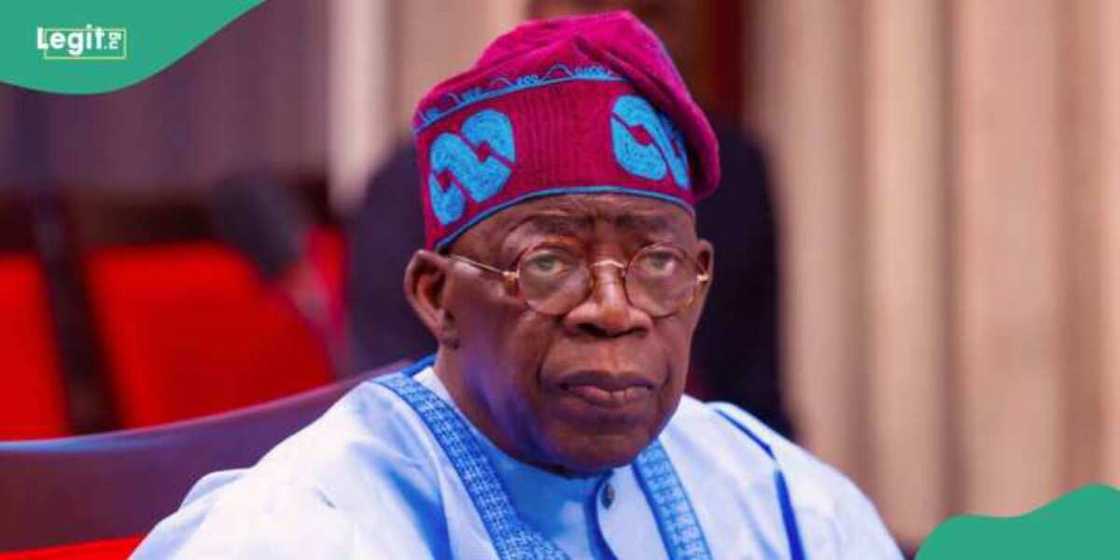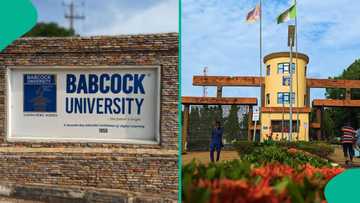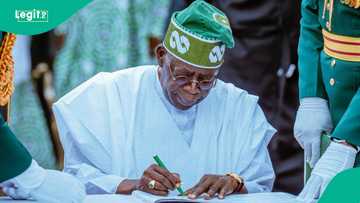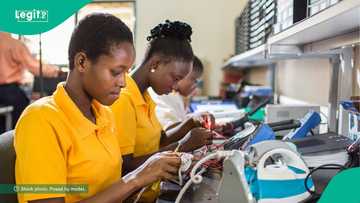FG to Educate 80 Million Non-Literate Nigerian Youths and Adults
- The Federal Government has launched the Accelerated Basic Education programme to bring literacy to around 80 million non-literates
- The initiative aims to remove age, geography, and circumstance as barriers, using flexible, community-driven and innovative learning models
- Stakeholders pledged collaboration to transform literacy access, aligning with national policy and Sustainable Development Goals for inclusive education
The Federal Government has officially launched the Accelerated Basic Education (ABE) programme aimed at delivering literacy to nearly 80 million young and adult Nigerians who currently lack access to basic education.
At the national stakeholders engagement meeting in Abuja, held on Wednesday, Minister of State for Education, Professor Suwaiba Ahmad, represented by her Special Assistant Technical, Dr Claris Ujam, announced the initiative.

Source: Facebook
The ABE programme, she explained, is built to reach learners across all six geopolitical zones by offering inclusive, adaptable, and impactful literacy solutions without sacrificing quality.
According to the 2022 National Bureau of Statistics report, over 31% of Nigeria’s estimated 250 million people remain non-literate—a situation the government described as a silent crisis that limits personal growth and national progress.
“Your presence here today is a resounding affirmation of our collective resolve to reshape Nigeria’s educational future, especially for our underserved youth and adult populations,” Ahmad noted.
She added that education is foundational to a thriving society, yet millions remain left behind.
FG calls for partnership to fulfil goals
The minister described the programme as more than just an intervention, calling it a movement determined to dismantle age, geography, and circumstances as obstacles to learning.

Source: Facebook
“Our goal is bold: to scale youth and adult enrolment in literacy programmes across every state, every community, every ward. Achieving this requires your expertise, your reach, and your enduring commitment,” she said.
Ahmad called on NGOs and community organisations to partner with government to pioneer innovative models and expand access to education for those hardest to reach.
She stressed that the Ministry remains committed to supporting these efforts through policy, sustained funding, and accountability systems.

Read also
Babcock university convocation: 3,568 graduates bag first class, celebrate academic excellence
“Every adult we empower to read becomes a better-informed citizen, and every youth who gains access to education becomes a change maker,” she added.
Everyone deserves a second chance - Edeh
Earlier, Dr John Edeh, Director of Literacy and Development at the National Commission for Mass Literacy, Adult and Non-Formal Education, emphasised the urgency of the programme.
“Millions of young Nigerians remain outside the formal education system. Whether due to poverty, early school leaving, or displacement, these youths deserve a second chance,” he said.
Edeh described the Adult and Non-Formal Education sector as uniquely placed to provide flexible, community-driven learning—covering literacy, life skills, digital tools, and civic engagement.
He reaffirmed the government’s commitment to quality, access, and alignment with national and global education goals, and called on all stakeholders to help turn the vision of inclusive literacy into reality.
FG opens portal to employ jobless Nigerians
Earlier, Legit.ng reported that the National Directorate of Employment had begun digital registration for Phase Two of the Renewed Hope Employment Initiative.
Nigerians aged 18–45 with a valid NIN can apply for free vocational and digital skills training tailored to their state’s needs.
The registration runs from July 28 to August 11, 2025, with officials warning against fraud and stressing that no payment is required.
Source: Legit.ng




